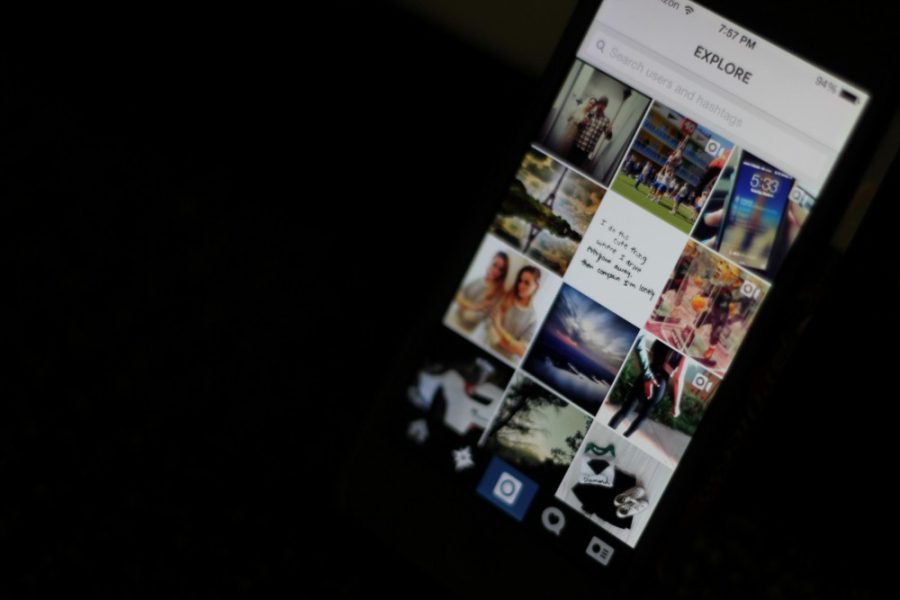Social networking giant Facebook announced its purchase of smartphone app WhatsApp for $19 billion last month. WhatsApp is a texting app that allows users to send messages to each other without being charged by their phone company.
Apps like WhatsApp allow their users to share pictures, jokes and stories with each other — but according to some, they can also compromise users’ privacy.
Journalism professor Michael McKisson said that people share a lot of personal information publicly on social network sites like Facebook and the corresponding apps, which means everyone should be thinking about the security of their data.
“There’s a potential that someone could come in and steal that information, or even that Facebook is using it in a way that you didn’t think about,” McKisson said.
However, McKisson made a distinction between sharing information over text and sharing through an app: The revenue of phone companies like Verizon and T-Mobile may allow them to implement more effective security than the makers of a startup app, he said.
Michelle Ortega, a sociology senior from Mexico, said she does not worry about her information being stolen while using WhatsApp. She said WhatsApp is the only way to text her family and friends in Mexico without being charged international fees.
“A lot of my friends that are from my country use it, too, here in the U.S.,” Ortega said.
Ortega said that because the app uses phone numbers, she feels confident that her information is going where it should, and was not worried that the app’s purchase by Facebook would change the service’s safety.
While WhatsApp may seem like a secure way to communicate, apps can compromise the security of personal information. The photo-sharing app Snapchat had a security breach in January that resulted in the theft of 4.6 million of Snapchat users’ phone numbers and usernames.
“A startup company maybe doesn’t have as many security precautions as the telecommunications industry does,” McKisson said. “Your data could be more at risk if you’re using the startup company that doesn’t have billions of dollars of revenue behind them.”
Facebook’s purchase of WhatsApp could mean more funding and better security, McKisson said.
As for other social networking apps, UA students have their own perspectives on how to keep their information, and themselves, safe.
August Pecoraro, a senior studying English and vocal performance, uses the Snapchat, Facebook and Instagram apps to share pictures and information. He said he thinks the apps are secure, but he doesn’t use them for particularly sensitive content.
“I’m not going to send naked photos or anything,” Pecoraro said.
He said he does share a lot of personal information on his Facebook, and does so intentionally.
“Facebook is something I want to be able to look back on later on,” Pecoraro said. “It’s kind of like a yearbook of your life.”
Erin Buchner, a mathematics sophomore, said she uses the Snapchat and Facebook apps. She said she does not feel that information on these apps is secure, so she is careful about what she posts and sends.
“I feel like Snapchat would sell us out if it got them a profit,” Buchner said.
Buchner said she edits the content she posts so that it is “Facebook OK” for her family members and colleagues.
With a web app marketplace built into almost every smartphone, many people have constant access to new and innovative apps, McKisson said, and while it’s unrealistic to try to isolate yourself from technology in order to protect yourself, it is important to be cautious.
“You want to be careful about the information you’re sharing and do some research to find out if the company you’re using is legitimate,” McKisson said. “Hackers are really good, and they’re going to find a way to get the information that they want.”









